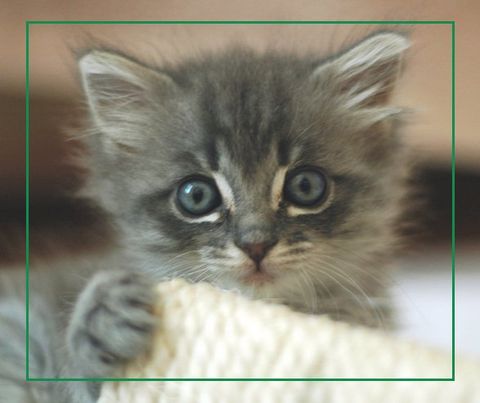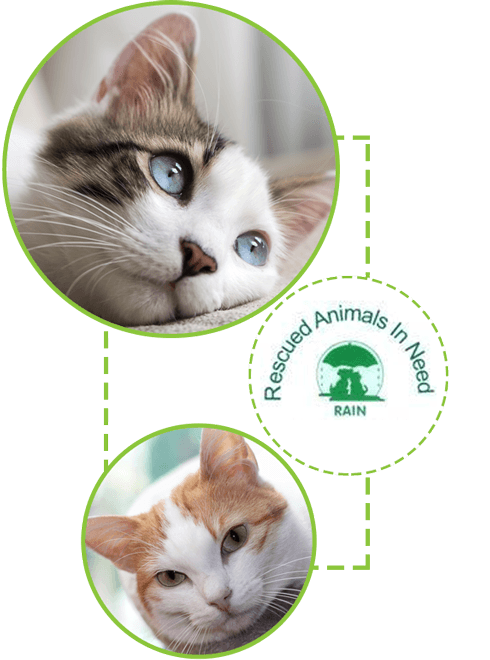NEUTERING
NEUTERING
RAIN will financially assist pet owners with the cost of neutering their animals. We liaise with a number of local vets to help with this procedure.

BY HAVING YOUR PET NEUTERED YOU ARE HELPING TO AVOID:
Unwanted animals
Transmission of lethal diseases due to fighting injuries
A cycle of disease being passed from 'mother to child'
Territorial marking behaviour
The risk of straying
Please do not leave it too late because many animals are fertile within weeks of being born.
RAIN will financially assist pet owners with the cost of neutering their animals. We liaise with a number of local vets to help with this procedure.
WHY SHOULD I NEUTER MY DOG, CAT OR RABBIT?
Neutering your dog, cat or rabbit is the responsible, caring thing to do. RAIN runs a neutering programme locally to help.
Our aim is to educate people and stop the increasing number of unwanted puppies, kittens and baby rabbits.
We don’t judge or means test anybody. We are here to help all and the welfare of the animals is our main objective.
Here are some key facts for you to be aware of:
We work alongside many vets locally in carrying out our neutering programme.
FIV (Feline Immunodeficiency Virus) and FeLV (Feline Leukaemia Virus) are both life threatening diseases for cats. Unneutered cats often fight and as these diseases are transmitted via the cat’s saliva and blood, this risk is greatly increased. Also an infected pregnant female will infect her unborn kittens, who will unknowingly be homed to new families, which means the cycle goes on.
A neutered cat is less likely to get into fights with other cats, as they are far less likely to aggressively defend their territory and are more likely to stay close to home.
A male cat that remains uncastrated will mark his territory with very strong smelling urine. This is known as spraying. He will do this indoors as well as in your garden, or the neighbours. He will also regularly disappear for days or weeks on end, often returning injured from fighting. Most cats that are killed on the roads are uncastrated males.
A healthy female cat can have kittens from the age of 6 months and can have up to 3 litters each year. With an average number of 3 to 6 kittens per litter, that soon adds up!

CONTACT US TODAY
Contact Us
Thank you for contacting us.
We will get back to you as soon as possible
We will get back to you as soon as possible
Oops, there was an error sending your message.
Please try again later
Please try again later
RAIN's
registered charity number is
800145
© Copyright 2021. All Rights Reserved.
Rescued Animals In Need
By
Infoserve
